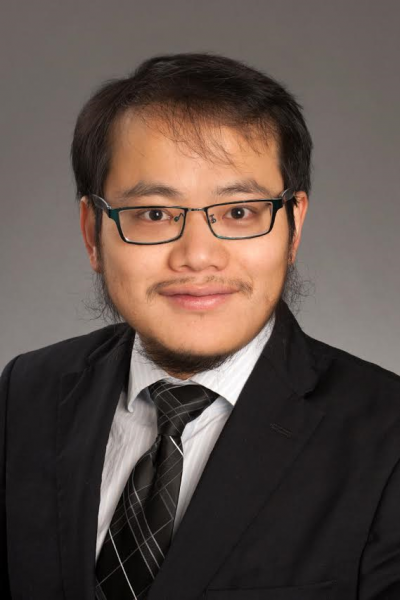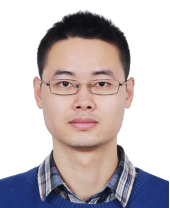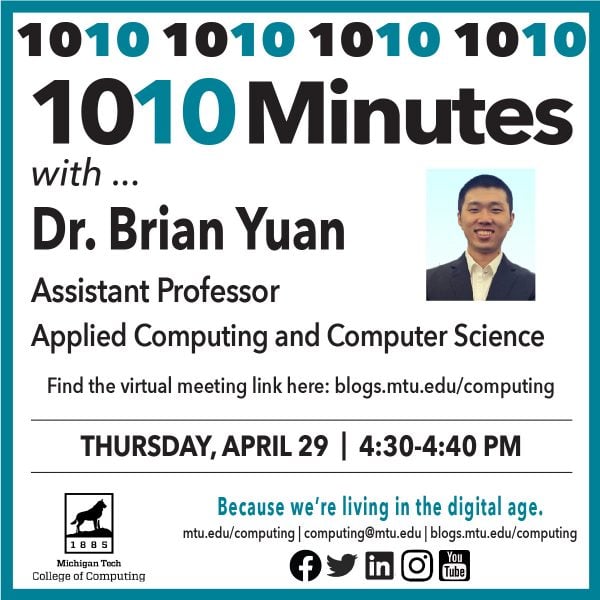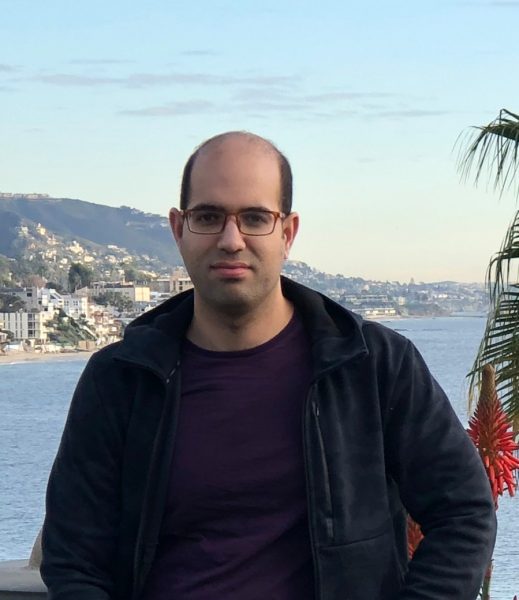August 2-6, 2021. PinT 2021 will be offered in a virtual-format.
Register online on the Registration Page.
Computer models and simulations play a central role in the study of complex systems in engineering, life sciences, medicine, chemistry, and physics. Utilizing modern supercomputers to run models and simulations allows for experimentation in virtual laboratories, thus saving both time and resources. Although the next generation of supercomputers will contain an unprecedented number of processors, this will not automatically increase the speed of running simulations. New mathematical algorithms are needed that can fully harness the processing potential of these new systems. Parallel-in-time methods, the subject of this workshop, are timely and necessary, as they extend existing computer models to these next generation machines by adding a new dimension of scalability. Thus, the use of parallel-in-time methods will provide dramatically faster simulations in many important areas, such as biomedical applications (e.g., heart modeling), computational fluid dynamics (e.g., aerodynamics and weather prediction), and machine learning. Computational and applied mathematics plays a foundational role in this projected advancement.
The primary focus of the proposed parallel-in-time workshop is to disseminate cutting-edge research and facilitate scientific discussions on the field of parallel time integration methods. This workshop aligns with the National Strategic Computing Initiative (NSCI) objective: “increase coherence between technology for modeling/simulation and data analytics”. The need for parallel time integration is being driven by microprocessor trends, where future speedups for computational simulations will come through using increasing numbers of cores and not through faster clock speeds. Thus as spatial parallelism techniques saturate, parallelization in the time direction offers the best avenue for leveraging next generation supercomputers with billions of processors. Regarding the mathematical treatment of parallel time integrators, one must use advanced methodologies from the theory of partial differential equations in a functional analytic setting, numerical discretization and integration, convergence analyses of iterative methods, and the development and implementation of new parallel algorithms. Thus, the workshop will bring together an interdisciplinary group of experts spanning these areas.







